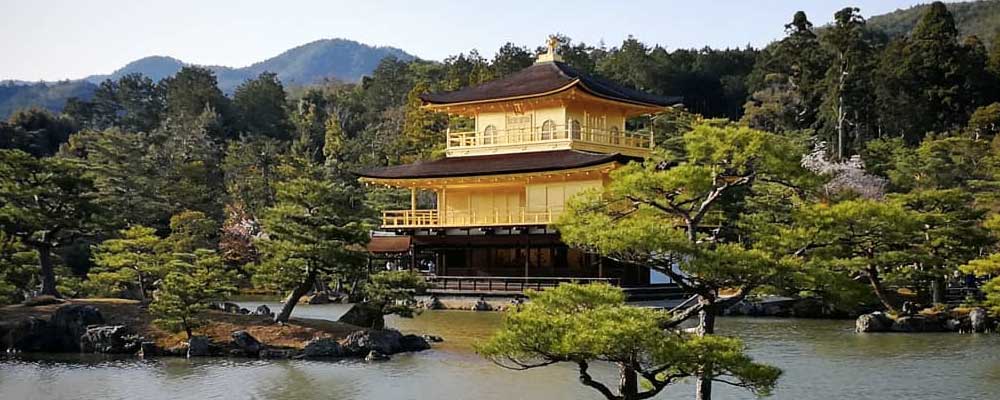
Time
- infoNotes
Clock Time
Clock times are formed as Chinese numeral plus 時 ji, for example, goji 5時 for five o'clock. The exception is four o'clock which is pronounced yoji (四時) instead of shiji. You will be understood if you simply substitute gozen 午前 for "AM" and gogo 午後 for PM, although other time qualifiers like 朝 asa for morning and 夜 yoru for night may be more natural. The 24-hour clock is also commonly used in official contexts such as train schedules. TV schedules occasionally use a modified 24-hour clock, with late night showtimes counted from the previous day, e.g. Monday at 26:00 indicates Tuesday at 2:00 AM.
Duration
Confusingly, the Japanese words for "N days" (long) and "Nth day" are the same, so eg. 二日 futsuka means both "two days" and "the second day of the month". You can tag on -間 kan at the end, eg. futsukakan 2日間, to clarify that you mean "two days long". The exception is 一日, which is read ichinichi to mean "one day/all day", but tsuitachi to mean "first day".
Writing Time and Date
Dates are written in year/month/day (day of week) format, with markers:
2007年3月21日(火)
Note that Imperial era years, based on the name and duration of the current Emperor's reign, are also frequently used. 2010 in the Gregorian calendar corresponds to Heisei 22 (平成22年), which may be abbreviated as "H22". Dates like "22/03/24" (March 24, Heisei 22) are also occasionally seen.
Interestingly, the era name doesn't necessarily change with the Gregorian calendar year, but instead on the death of the reigning Emperor. So the year 1989 is considered to be both Showa 64 and Heisei 1 - Showa up until Emperor Hirohito's death on 7 January, and Heisei from Emperor Akihito's ascension to the throne on 8 January.
- now 今 ima
- later 後で atode
- before 前に mae ni
- before ___ ___ の前に ___ no mae ni
- morning 朝 asa
- afternoon 午後 gogo
- evening 夕方 yūgata
- night 夜 yoru
- Clock Time
- six o'clock in the morning 朝6時 asa rokuji
- nine o'clock AM 午前9時 gozen kuji
- noon 正午 shōgo
- one o'clock PM 午後1時 gogo ichiji.
- two o'clock PM 午後2時 gogo niji
- midnight 夜12時 yoru jūniji
- Duration
- _____ minute(s) _____ 分 fun
- _____ hour(s) _____ 時間 jikan
- _____ day(s) _____ 日間 nichikan
- _____ week(s) _____ 週間 shūkan
- _____ month(s) _____ ヶ月 kagetsu
- _____ year(s) _____ 年 nen
- Days
- today 今日 kyō
- yesterday 昨日 kinō
- tomorrow 明日 ashita
- tomorrow (formal) 明日 asu
- this week 今週 konshū
- last week 先週 senshū
- next week 来週 raishū
- Days of the Week
- Sunday 日曜日 nichiyōbi
- Monday 月曜日 getsuyōbi
- Tuesday 火曜日 kayōbi
- Wednesday 水曜日 suiyōbi
- Thursday 木曜日 mokuyōbi
- Friday 金曜日 kin'yōbi
- Saturday 土曜日 doyōbi
- Days of the Month
- First day of the month 1日 tsuitachi
- Second day of the month 2日 futsuka
- Third day of the month 3日 mikka
- Fourth day of the month 4日 yokka
- Fifth day of the month 5日 itsuka
- Sixth day of the month 6日 muika
- Seventh day of the month 7日 nanoka
- Eighth day of the month 8日 yōka
- Ninth day of the month 9日 kokonoka
- Tenth day of the month 10日 tōka
- Eleventh day of the month 11日 jūichinichi
- Fourteenth day of the month 14日 jūyokka
- Twentieth day of the month 20日 hatsuka
- Twenty-fourth day of the month 24日 nijūyokka
- Months
- January 1月 ichigatsu
- February 2月 nigatsu
- March 3月 sangatsu
- April 4月 shigatsu
- May 5月 gogatsu
- June 6月 rokugatsu
- July 7月 shichigatsu
- August 8月 hachigatsu
- September 9月 kugatsu
- October 10月 jūgatsu
- November 11月 jūichigatsu
- December 12月 jūnigatsu
- Seasons
- Spring 春 haru
- Summer 夏 natsu
- Rainy season 梅雨 tsuyu
- Autumn 秋 aki
- Winter 冬 fuyu